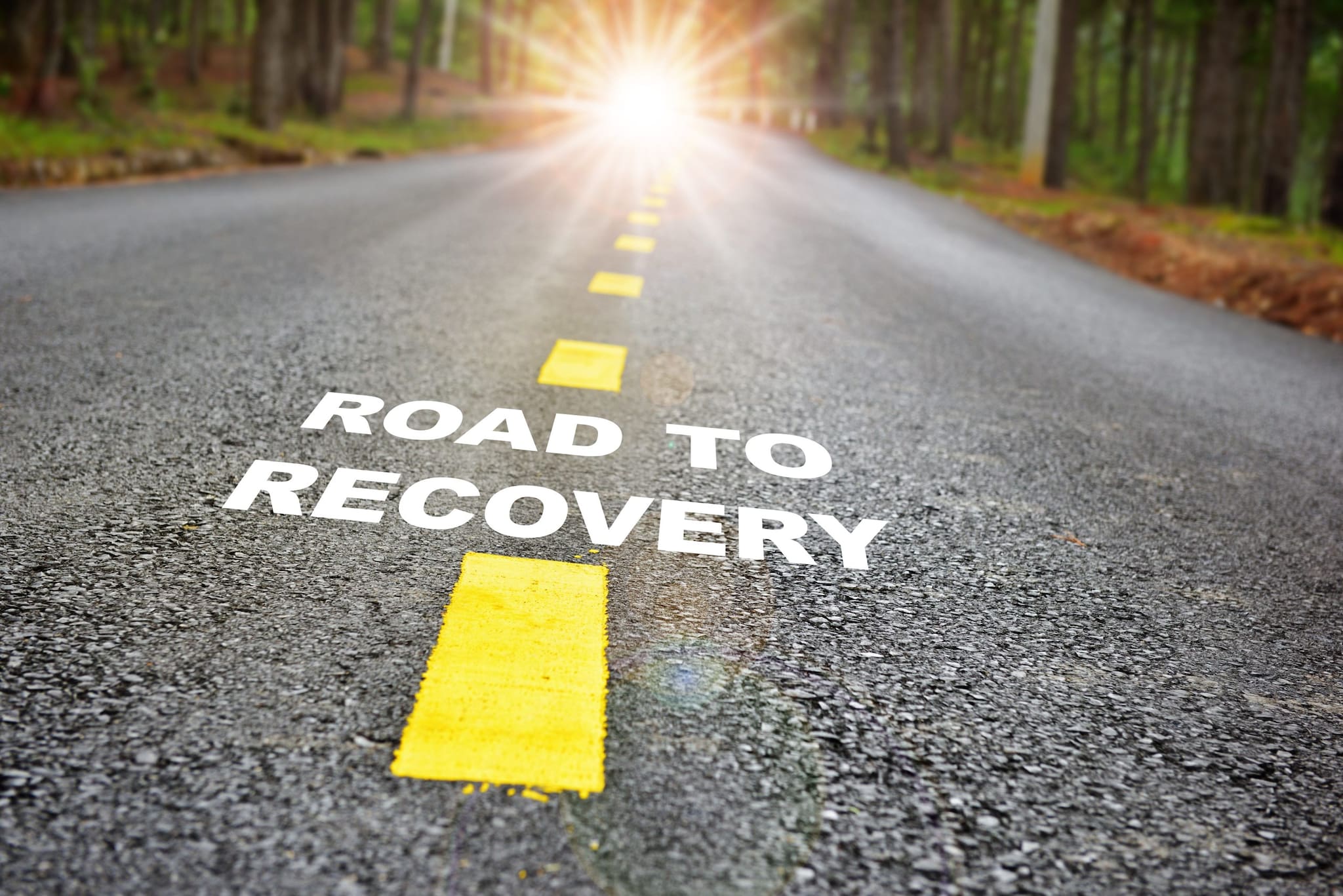Purpose
Opioid addiction, also known as opioid use disorder (OUD), is a chronic and relapsing disease that can affect anyone. As with most other chronic diseases, addiction is treatable. If you or someone you know is struggling, treatment is available. While no single treatment method is right for everyone, recovery is possible, and help is available for opioid addiction.

Recovery is possible
Preventing overdose death and finding treatment options are the first steps to recovery. Treatment may save a life and can help people struggling with opioid use disorder get their lives back on track. Treatment can counteract addiction's powerful effects on their brain and behavior. The overall goal of treatment is to return people to productive functioning in their family, workplace, and community.
Opioid use disorder treatment can vary depending on the patient's individual needs, occur in a variety of settings, take many different forms, and last for varying lengths of time.
Evidence-based approaches to treating opioid use disorder include medications and combining medications with behavioral therapy. A recovery plan that includes medication for opioid addiction increases the chance of success.
Medications used in the treatment of opioid use disorder support a person's recovery by helping to normalize brain chemistry, relieving cravings, and in some cases preventing withdrawal symptoms. The choice to include medication as part of recovery is a personal medical decision, but the evidence for medications to support successful recovery is strong.
Medications for opioid use disorder include:
Buprenorphine
- Available as dissolving tablet, cheek film, extended-release injection, or 6-month implant under the skin
- Can be prescribed by a doctor for use outside of a clinic
Methadone
- Available as daily liquid
- Can only be used in a certified opioid treatment program setting
Naltrexone
- Can be prescribed by any clinician who can legally prescribe medication
- Only used for people who have not used opioids for at least 7–10 days
Find Treatment Services
Use these resources to find services that fit your needs:
Everyone can play a role
If you notice that someone may be struggling with opioid addiction:
- Ask if you can help. Everyone can play a role and take action to help their loved ones in recovery. Treatment and the support and help from family, friends, co-workers, and others can make a big difference in the recovery process.
- Be supportive, and reduce stigma. Stigma or the fear of stigma may stop someone from sharing their health condition and prevent them from seeking the health or behavioral health services and support services they need. Recognize that opioid addiction is a medical condition, not a moral failing. Stopping stigma is important to helping loved ones feel safer and healthier.
- Carry naloxone. Naloxone can reverse overdose and prevent death. It is a non-addictive, life-saving drug that can reverse the effects of an opioid overdose when administered in time.
